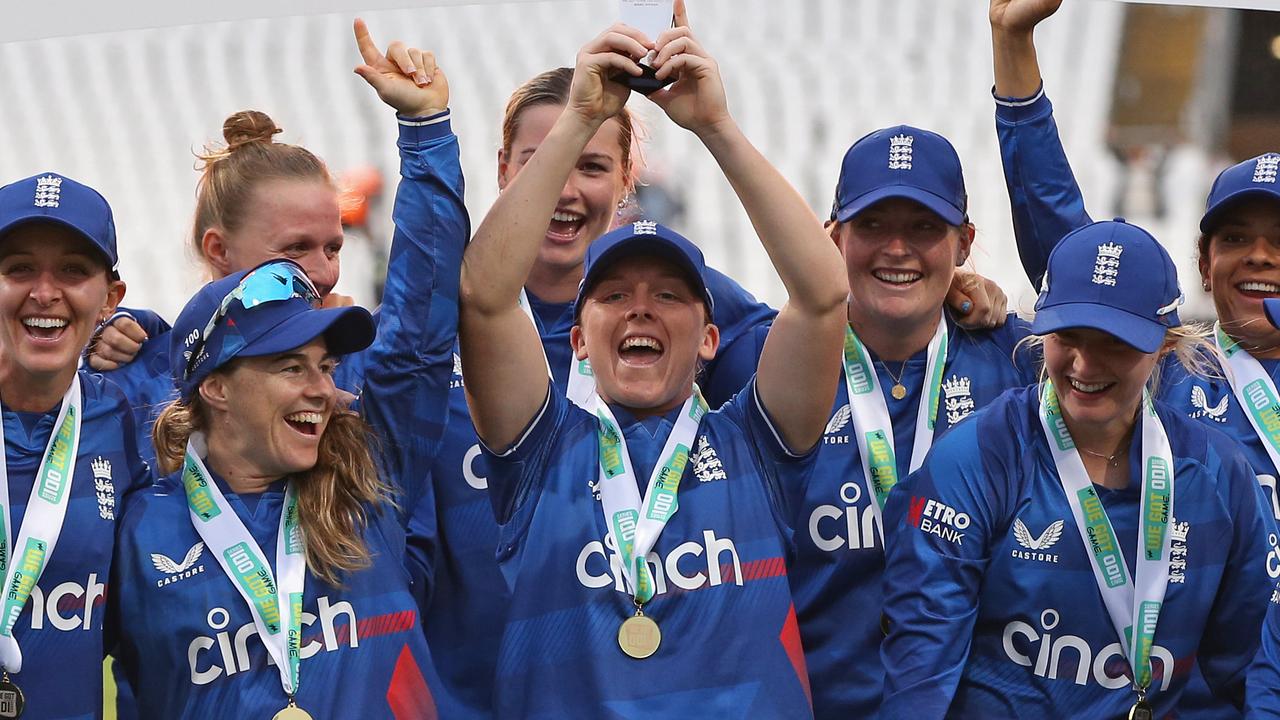Pucovski’s bad news is actually good news

- by Admin
- August 30, 2024

Pucovski’s case is a threshold. His distinction, if you like, is that his sport, though plainly dangerous in its own way, is non-contact. Some of the incidents on his double-figure catalogue of concussions were as glancing as a stolen kiss. This is true also of some footballers on the list; their game is inherently rugged, but often it is relatively innocent contact that does the damage.
What has become apparent is that some athletes, through no fault of their own, are not physiologically fit for their games. In contrast, Justin Langer in his time was struck in the head as often as Pucovski, played 105 Tests and later coached Australia with no lasting deleterious effects.
Justin Langer after a blow to the head in Johannesburg in 2006.Credit: Getty Images
Until now, sports have tended to gloss over an accumulation of concussions in a susceptible player in the perhaps medically inspired hope that a solution will be found that will obviate further instances. What the Pucovski case teaches is that a more conservative approach is imperative from now on.
Administrators are alert. Doubtlessly their minds are being gnawed at by the threat of large-scale legal redress for debilitated players down the track. You can be certain the sports that can afford it are salting away money already, some for players, some for lawyers. So be it. Per Samuel Johnson, Pucovski’s retirement will further concentrate their minds wonderfully.
Bit by bit, sports’ mindsets will change. Angus Brayshaw was reported to have been distraught when he had to give up footy at 28. It is not hard to imagine that Pucovski is just as bereft. He’s just 26, on the threshold of what would have been his prime years.
But here’s another way of looking at it:
Pucovski was a talented and personable young man with a bright future ahead of him.
He still is.
The Latest News
-
January 10, 2025Kyrgios steps up Australian Open preparation in a positive sign
-
January 10, 2025Watch Hideki Matsuyama (unintentionally!) hit his ball through an 8-inch gap in palm trees – Australian Golf Digest
-
January 10, 2025PGA Tour monitoring Los Angeles fires with Riviera stop scheduled in four weeks – Australian Golf Digest
-
January 10, 2025Melbourne Cup prize money goes missing after error
-
January 10, 2025‘Picked for a reason’: Connolly embraces maiden Test tour | cricket.com.au





